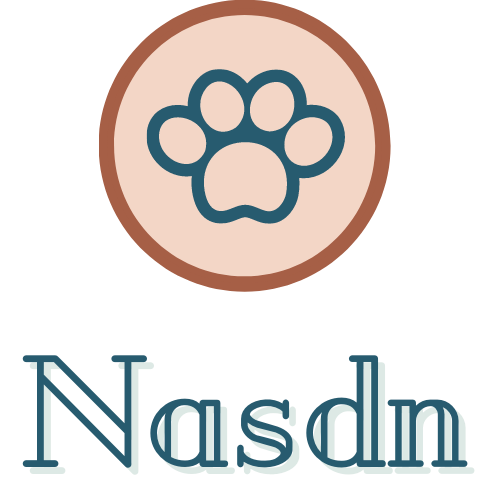Businesses today face unprecedented challenges requiring new approaches to stay competitive. Integrating innovative technology solutions into business strategies offers opportunities for growth, efficiency, and market expansion in our digital-first world.
Modern tech tools transforming business operations
The business landscape continues to evolve with digital technologies playing a pivotal role in operational transformation. Companies leveraging tech solutions gain significant advantages through streamlined processes, enhanced productivity, and improved customer experiences.
Data analytics platforms driving decision-making
Data-driven decision-making represents a fundamental shift in how businesses operate. Analytics platforms process vast amounts of information to reveal valuable insights that guide strategic choices. Companies implementing these tools see improved accuracy in forecasting, deeper customer understanding, and more efficient resource allocation. Many organizations now utilize Robotic Process Automation to handle high-volume tasks with greater speed and precision than traditional methods. This approach frees teams to focus on strategic initiatives while ensuring operational consistency. For customized analytics solutions that match specific business needs, visit businesstic.es where specialized data management resources help organizations maximize their information assets.
Cloud-based systems streamlining workflow efficiency
Cloud technology has revolutionized how businesses store, access, and utilize data across operations. These solutions eliminate traditional infrastructure costs while providing unprecedented scalability to match growth requirements. Organizations implementing cloud systems experience improved collaboration as team members from diverse locations can work together seamlessly on shared projects. Communication tools integrated with cloud platforms enhance productivity by centralizing information exchange. Many firms report significant cost reductions after migrating to cloud services available on businesstic.es, which offers comprehensive guidance on selecting appropriate cloud solutions based on industry-specific requirements and organizational goals.
Implementing digital transformation for competitive advantage
Modern businesses face unprecedented challenges in today’s rapidly evolving marketplace. Digital transformation has become not just an option but a necessity for organizations seeking to maintain and enhance their competitive position. By strategically implementing innovative technology solutions, companies can streamline operations, reduce costs, and discover new market opportunities that drive sustainable growth.
Digital transformation encompasses more than just adopting new technologies—it requires aligning technology with business objectives, engaging stakeholders throughout the process, and establishing clear evaluation metrics. Organizations that successfully navigate this journey can achieve significant advantages through improved efficiency, enhanced customer experiences, and the ability to rapidly adapt to changing market conditions.
Automation technologies reducing operational costs
Automation stands at the forefront of cost-reduction strategies in the digital age. Robotic Process Automation (RPA) enables businesses to perform high-volume, repetitive tasks with greater speed and accuracy than manual processes, freeing valuable human resources for more strategic work. This shift not only reduces operational expenses but also minimizes errors and improves overall process reliability.
Cloud-based solutions represent another powerful avenue for cost reduction, transforming traditional data storage and access models. By migrating to cloud platforms like AWS and Microsoft Azure, organizations can significantly cut infrastructure costs while gaining unprecedented scalability. These solutions facilitate seamless collaboration among team members regardless of location, particularly valuable for supporting remote work capabilities—a growing priority for businesses seeking global talent.
Enterprise Resource Planning (ERP) systems revolutionize inventory and supply chain management by providing real-time visibility into operations. This transparency reduces waste, improves order fulfillment, and optimizes resource allocation across the organization. When implemented as part of a comprehensive technology strategy, these automation tools create measurable improvements in operational efficiency and cost structure.
Ai integration creating new market opportunities
Artificial Intelligence integration represents a transformative force for businesses seeking new market opportunities. AI-enabled solutions like contact center automation can dramatically enhance customer experience while simultaneously reducing operational costs. These technologies enable personalization at scale, allowing businesses to tailor interactions based on customer data and behavior patterns.
Data analytics powered by AI provides organizations with deeper insights into market trends and customer preferences. By leveraging advanced analytics capabilities, businesses can identify emerging opportunities, predict market shifts, and make data-driven decisions that outpace competitors. This proactive approach to market intelligence creates opportunities for product innovation and service enhancement that might otherwise remain undiscovered.
Strategic AI implementation also enables businesses to develop entirely new revenue streams through innovative service models. Companies across sectors including financial services, public sector, insurance, media, retail, construction, and automotive are discovering ways to monetize data assets and create value-added services powered by AI. Organizations that embrace AI as part of their technology strategy framework gain significant advantages in adaptability and innovation capacity, positioning them to capitalize on market opportunities faster than competitors relying on traditional approaches.

